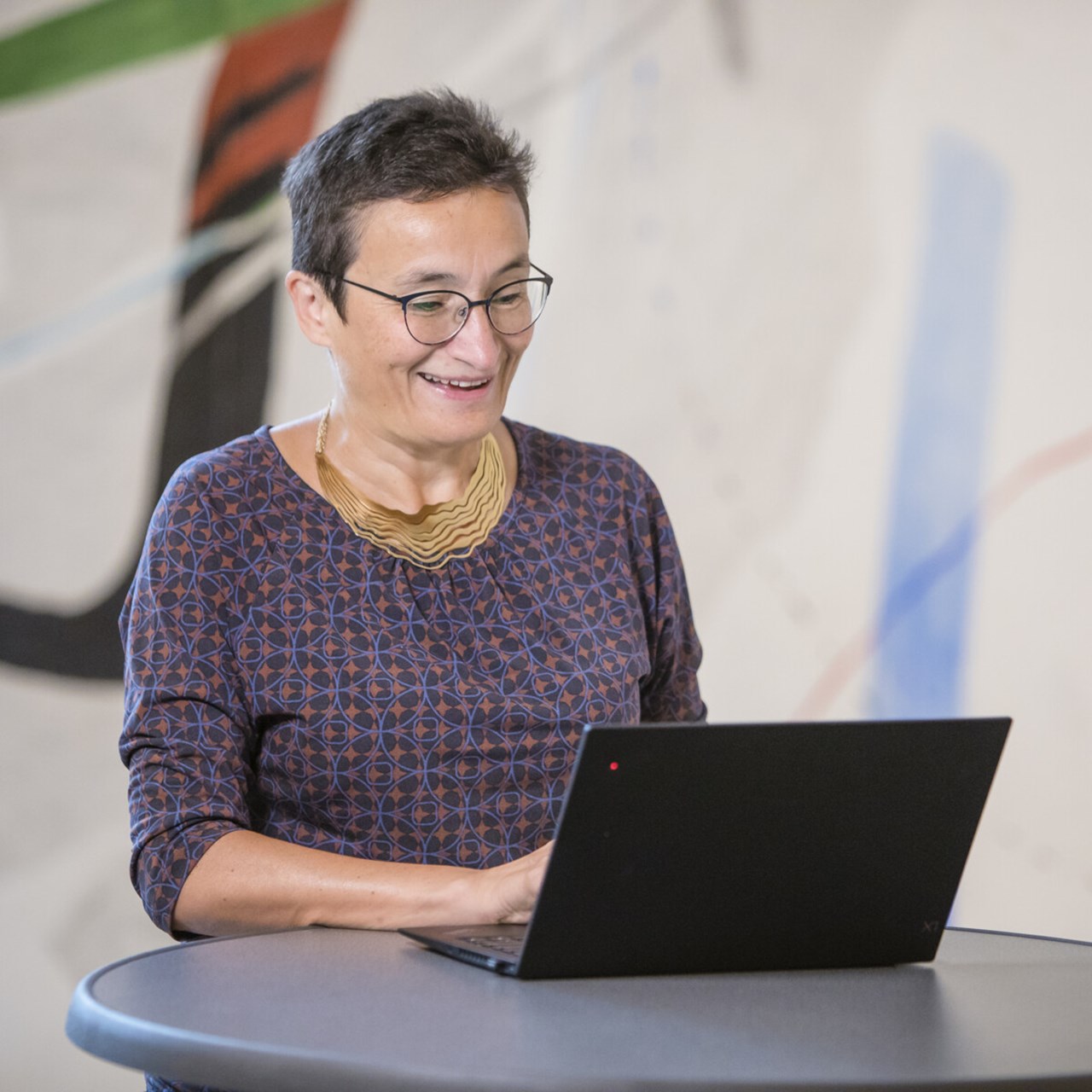
Using ethics to shape AI in the best interest of humans
PROFILE Virigina Dignum was inaugurated Professor of Social and Ethical Artificial Intelligence in 2019.


PROFILE Virigina Dignum was inaugurated Professor of Social and Ethical Artificial Intelligence in 2019.
